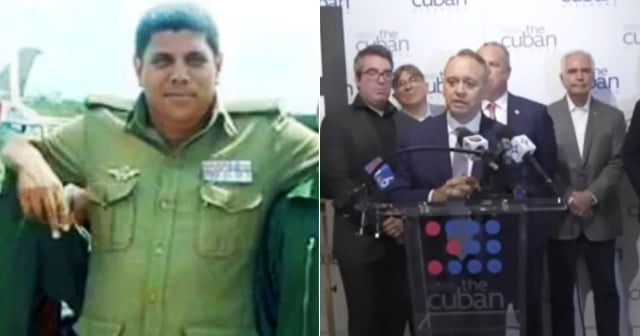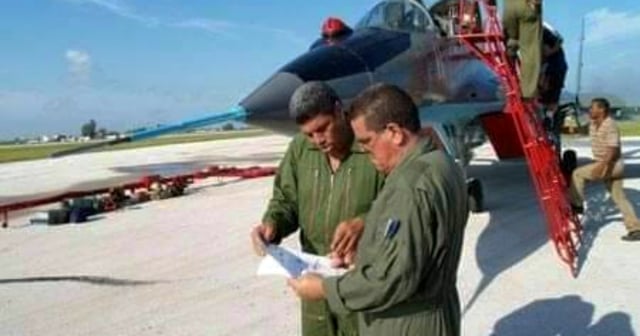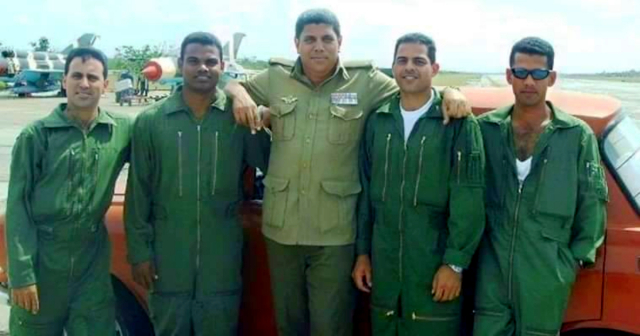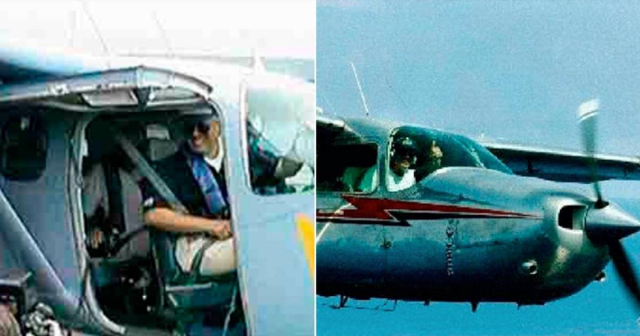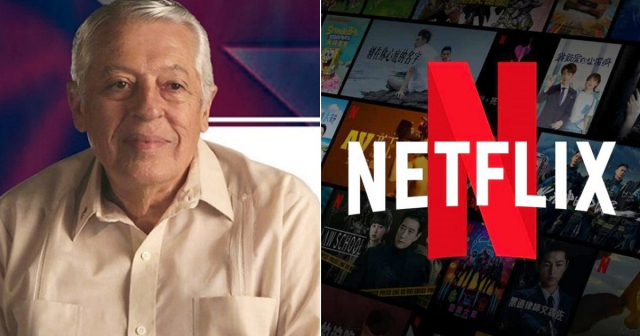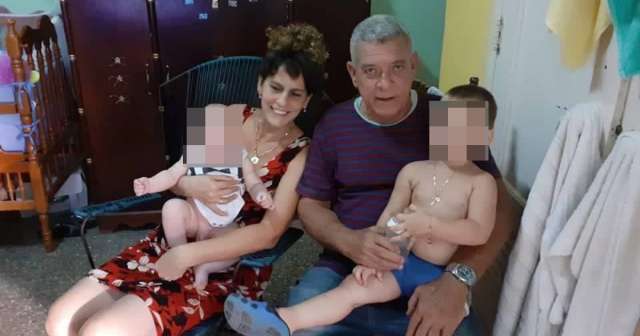Nelson Morales, brother of one of the four Cubans killed by the regime in the downing of the two planes of Brothers to the Rescue in 1996, is calling for an investigation into the entry into the United States of retired Lieutenant Colonel Luis Raúl González-Pardo Rodríguez, a former military pilot connected to the crime, who has just received humanitarian parole.
"I think they should prosecute him and let the grand jury decide in the trial whether to imprison him or execute him, because if it were up to me, I would execute him," he expressed to América TeVe.
Nelson recounted how he learned about the event and how he also had to flee from the possible reprisals of the dictatorship.
At that time, he was a member of the Cuban merchant navy and was in Puerto Colón, Panama. When he learned about the downing of the small planes, he did not imagine that one of the victims was his brother. He found out later when he happened to be in the ship's telegraph room and heard that the government was looking for the brother of one of the "terrorists."
He immediately decided to flee, left the ship, and surrendered to the Panamanian authorities.
Twenty-eight years later, in Miami, the elderly man hopes that justice will be served for the four young men killed in international waters, after lawyers and political leaders in Florida announced that state laws allow for a legal process to be initiated against Raúl Castro for the crime.
In February 1996, a few days before Pablo's assassination, Nelson spoke to him on the phone and expressed his concern because the regime had announced that it would shoot down planes if they entered Cuban territory, but he reassured him by saying that he would not be flying that day.
The young man, who was only 29 years old when he died, was not a pilot; he worked in a supermarket and on weekends volunteered in the search and rescue of rafters at sea.
He had arrived in the United States during the 1994 balseros crisis, and once in Miami, he joined Hermanos al Rescate in gratitude, because it was the members of the organization who saved his life when he was about to drown. His brother Nelson was the one who bought the gasoline for the journey.
Pablo was the only one of the four murdered who did not yet have citizenship, only residency in the United States.
It was recently revealed that the regime's military pilot Luis Raúl González-Pardo Rodríguez, allegedly involved in the shooting down of the two planes from Brothers to the Rescue, has been residing in the United States since April under the humanitarian parole program.
The leaders of the Cuban exile community in Miami have strengthened their efforts to have him investigated, and they are requesting local and state authorities to review the collected evidence and consider opening a formal case against him.
Marcell Felipe, president of the American Museum of the Cuban Diaspora, stated that this is the right time to act.
“With the federal government willing to intervene, now is the time to move this issue forward and follow the law,” he said.
The Cuban community expressed its outrage and shock upon learning that González-Pardo Rodríguez was in the country, due to his role in the operation that resulted in the death of three Cuban Americans and one resident Cuban.
The former military member, who was part of the Antiaircraft Defense and Revolutionary Air Force of Cuba (DAAFAR), was linked to the mission that intercepted civilian aircraft in international waters, according to an investigation by the International Civil Aviation Organization.
Orestes Lorenzo Pérez, a pilot who fled Cuba in 1991, also confirmed that his former colleague participated in the air pursuit that led to the downing of the aircraft, although he assured him that he had not fired at them.
"It is absolutely true that he participated in the shooting down of the planes from Hermanos al Rescate. There is no doubt about it. He was the pilot with the call sign 22 and was the one who pursued José Basulto [the founder of Hermanos al Rescate]," he said in an interview with Juan Manuel Cao.
What do you think?
SEE COMMENTS (1)Filed under:

